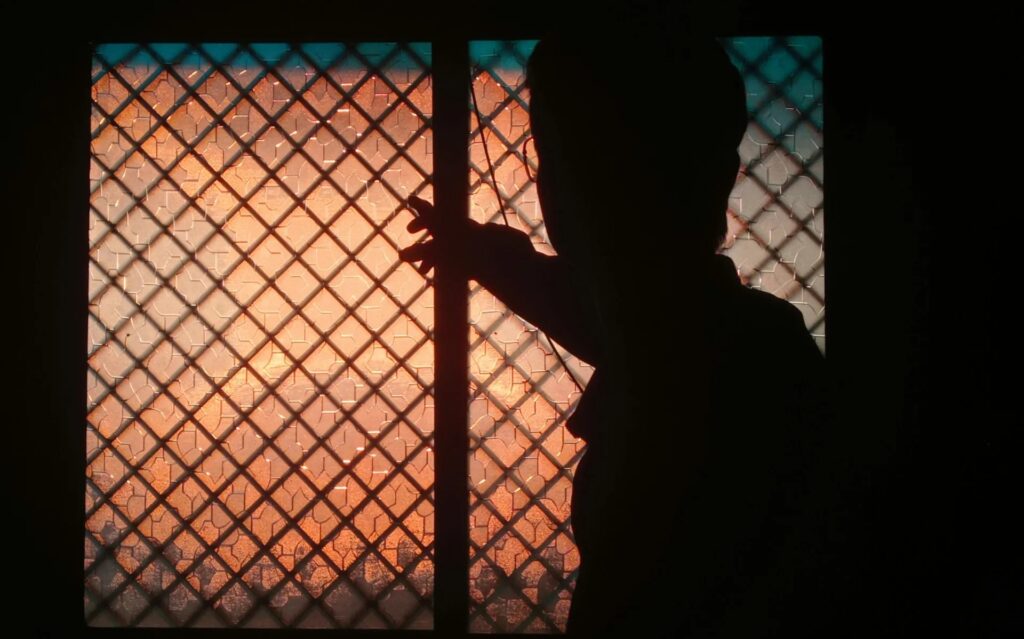A former detainee who survived trafficking has earned a specialist diploma and is now helping to spot and stop abuse. The human trafficking survivor in the UAE completed an Anti-Human Trafficking Specialist Diploma offered through a joint program of Dubai Police and the UAE’s national committee against human trafficking.
From Victim to Advocate
The man, identified in press reports as S.G., said a fake sports agent lured him. He travelled abroad after paying fees and then found himself forced to guard and move women who were being exploited. He escaped on a second attempt and later rebuilt his life in Dubai.
Training, Law and New Tools

Course organisers explain that the diploma is offered through cooperation between the national committee to combat human trafficking, Dubai Police, the Judicial Institute in Dubai, and the United Nations Office on Drugs and Crime (UNODC). Graduates study detection, victim protection and legal procedures. S.G.’s final project recommended stronger border checks and coordinated training for officers.
The UAE beefed up its legal framework recently. Under the country’s human trafficking law, offenders face a minimum five-year jail term and fines starting at AED 1,000,000. The law also punishes aggravated crimes more severely and ensures that authorities do not criminalise victims for offences linked to their exploitation.
Authorities point to expanded support services for human trafficking victims as part of the same strategy. Government portals list shelters, hotlines and medical and legal care intended to help survivors recover and, where appropriate, return home safely. Authorities cite the official hotline and shelter networks as key components of the protection system.

This year the committee launched a digital referral tool to speed responses. The Smart National Referral Mechanism automates victim intake, links agencies, and flags cases for urgent action, officials said when unveiling the 2025–27 national action plan. Advocates say the system aims to reduce delays that can endanger survivors.
Survivors Leading Awareness
Experts who train first responders told reporters that training survivors to speak publicly can improve early identification. S.G. says his diploma helped him understand detection signs and procedures for lodging reports. He now runs awareness sessions and urges others to report suspicious approaches.
Underpinning those efforts is enforcement of the human trafficking law alongside prevention work. Officials stress prosecution of organisers and protection for witnesses, while NGOs and police coordinate shelters and legal aid. The combination, they say, seeks to reduce demand and protect people at risk.
Survivors who speak out can shape policy and community awareness. The human trafficking survivor in the UAE who completed the diploma said knowledge lets him help spot abuse early and support human trafficking victims through referrals and advice. His case illustrates how training, law and coordinated systems can move a person from harm to advocacy.








